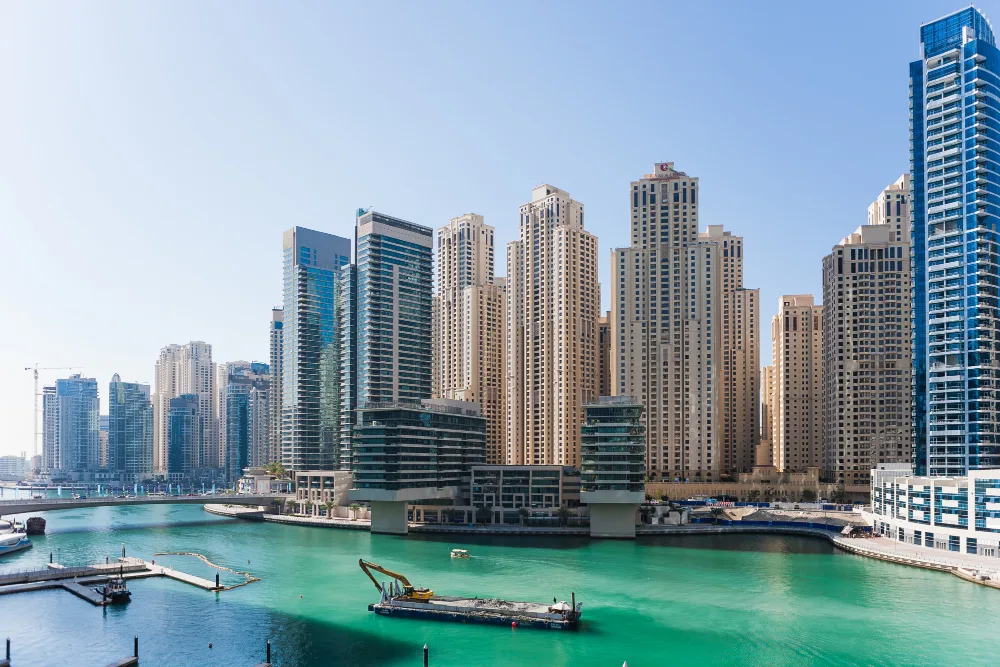Rare earths might not be something you hear about every day, but they’re a big deal in the world of renewable energy, electric vehicles, and even defense tech. The catch? They’re hard to source, and right now, most of the refining happens in China. That’s why the UAE is stepping in with a plan — not to dig the stuff out of the ground, but to take charge of the processing and logistics that connect mines to manufacturers.
Local deposits of rare earths in the UAE are pretty limited, so the country’s focus is on the midstream part of the supply chain — that’s the stage between mining raw materials and turning them into usable products. The strategy taps into two of the UAE’s strengths: its political neutrality and its powerful sovereign wealth funds, which can invest in mining projects overseas. This could make the UAE a bridge between miners in Africa and Asia and the tech and manufacturing companies in the West.
Building hubs, not just talking about them
One spot that’s getting attention for this role is Khalifa Economic Zones Abu Dhabi (Kezad). It’s already got the infrastructure, global shipping connections, and business-friendly setup to handle large-scale processing and trade. If the UAE pulls this off, it could ease some of the global tension between China and Western nations over supply security.
Experts say this could also boost advanced manufacturing inside the UAE itself. Think about electric cars, drones, and wind turbines — all of them use rare earth elements like neodymium in their magnets. Processing these materials locally could make it easier and cheaper to produce high-tech products at home.
A push that fits bigger national goals
This move fits right in with the UAE’s “Make it in the Emirates” and Operation 300bn plans, both of which aim to grow local manufacturing and reduce reliance on imports. By importing raw rare earths, processing them, and then using them in high-demand products, the UAE could create more value in its supply chain while also scaling up its own renewable energy projects.
COP28 earlier this year highlighted just how critical rare earths are for the clean energy transition. Since then, the UAE has been using its membership in Brics to secure supplies at the mining stage while positioning itself as a safer alternative trade hub for companies looking to diversify away from politically sensitive supply routes.
A regional strategy in the making
This isn’t just about the UAE. Other GCC countries are also working on ways to diversify their economies and tap into the mining sector. Some experts imagine a future where each country plays to its strengths — Saudi Arabia and the UAE leading on mining investments, Oman focusing on metal processing with its ports and smelters, and Qatar and Bahrain building up downstream industries like manufacturing finished products.
If that kind of cooperation happens, it could lead to major investments in infrastructure, like railways and cross-border transport networks. That, in turn, would make it easier for the GCC to build an industrial ecosystem around critical minerals and rare earths, with products made locally for both domestic use and export.
The bottom line? The UAE isn’t trying to replace China in the rare earths game, but it is positioning itself as a central, neutral player in a space that’s becoming more important every year.
Triroute Shipping, logistics company in Dubai, is tuned in to how moves like this reshape global trade. With services in freight forwarding, air freight, sea freight, land transport, warehousing, and customs clearance, we’re ready to support the flow of rare earths and other critical materials through the Gulf’s expanding logistics network.
Source: Khaleej Times — story by Somshankar Bandyopadhyay






